These DeFi Exchanges Are The Largest In The Crypto Space!
Check Out Which DeFi Exchanges Made The List!
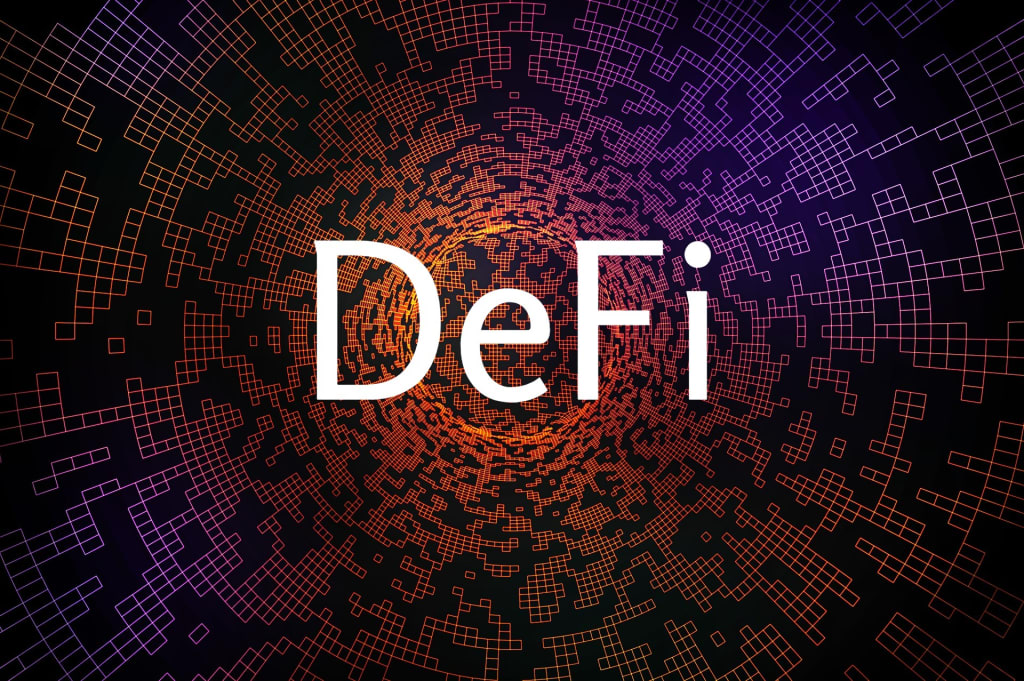
The DeFi industry has been growing and expanding rapidly within these recent years. Many protocols are starting to get noticed and gain traction from users and investors across the globe. According to the data showed by DefiLlama, although the Total Value Locked (TVL) in the DeFi sector has lost 76% from $166.7 billion, the sector still has roughly $40 billion locked at the end of 2022.
In this blog post, we will explore deeper on which 5 Defi protocols have the highest revenue in 2022, the amount of revenue they earned, which blockchain they were built on, and some more information about their projects.
1. Uniswap (UNI)
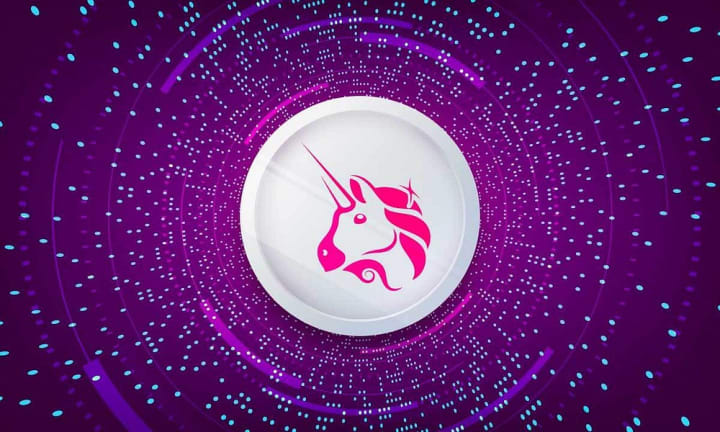
Uniswap is a decentralized exchange (DEX) protocol that lets users trade various tokens without an intermediary. It's built on Ethereum blockchain and was created by Hayden Adams in November 2018.
The platform uses an algorithm, which is automated market maker (AMM), instead of an order book to determine token prices and liquidity. Users can deposit two different tokens to create a liquidity pool and get liquidity pool tokens in return, which represent their share of the pool. They can withdraw their portion of the liquidity whenever they want, except for tokens with specific lock-up periods like Ethereum staking.
The platform has two main functions: swapping and liquidity provision. Swapping allows users to trade one token for another at the current market price, with the platform taking a 0.3% fee on each trade. Liquidity provision lets users deposit two tokens into a pool and earn a share of the trading fees.
Uniswap has gained much popularity and has become one of the most widely used DEXs not only by the Ethereum community, but also the entire crypto industry. Based on the data from DeFiLlama, as of February 2023, Uniswap has a total value locked (TVL) of over $4 billion, which is the largest amongst all DEXs.
Pros:
- Supports a wide range of ERC-20 tokens that are built on the Ethereum blockchain.
- Users can earn a portion of the trading fees by providing liquidity in the protocol.
- Higher overall trading volume and liquidity.
Cons:
- Subject to high gas fees during times of network congestion, which can make trading more expensive.
- Vulnerable to smart contract exploits and hacks, which can result in the loss of user funds.
- Unlike Centralized Exchanges, Uniswap doesn't support features such as margin trading, futures trading, or options trading.
2. Synthetix Network (SNX)
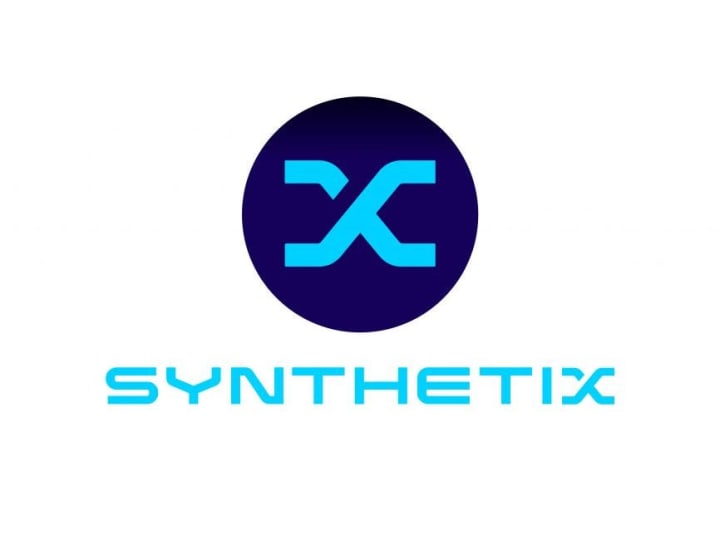
Synthetix Network is a platform that lets users trade synthetic assets, called "synths", which follow the value of various real-world assets like commodities, fiat currencies, and cryptocurrencies. Built on the Ethereum blockchain, the platform was launched in 2018 as "Havven".
The platform uses a collateralization model, where users can stake their SNX tokens as collateral to create and trade synths. Synths' value is determined by a decentralized oracle that gathers data from different sources, such as price feeds and cryptocurrency exchanges.
Synthetix Network offers a range of functions, such as trading, staking, and governance participation. Users can use SNX tokens for staking as collateral, paying fees, and participating in governance.
Data on DeFiLlama shows that Synthetix Network has a total value locked (TVL) of over $420 million by February 2023.
Pros:
- Provides exposure to a wide range of assets without actually holding them.
- Offers staking and governance participation through its native SNX token.
- Provides a more accessible and cost-effective way to trade and invest in assets compared to traditional financial markets.
Cons:
- Limited liquidity for some synths due to lower trading volumes.
- Dependency on the Ethereum network, which can result in higher gas fees during periods of network congestion.
- Potential vulnerabilities in the smart contract code, as with any other smart contract-based platform.
3. Curve DAO (CRV)

Curve DAO is a protocol for decentralized exchanges (DEX) that operates on the Ethereum blockchain, and it prioritizes stablecoin trading with low fees and slippage. It was developed by Michael Egorov and was launched in January 2020.
The primary function of Curve DAO is to enable users to exchange stablecoins with each other at a low cost and with minimal price slippage. To achieve this, it employs a bonding curve algorithm to determine prices and liquidity. As trading volume increases, the price of the stablecoin pair becomes more stable, and the liquidity of the pool improves. Curve DAO enables trading for a range of stablecoins, including USDT, USDC, DAI, and TUSD.
Curve DAO also allows users to contribute liquidity to the platform and earn fees in exchange. Users can deposit stablecoins into a liquidity pool and receive Curve DAO governance tokens (CRV) in return, which they can use to vote on proposals and decisions related to the protocol.
As of February 2023, DeFiLlama's data shows that Curve DAO has over $4.8 billion in total value locked (TVL).
Pros:
- Low slippage and low fees for stablecoin trading.
- Users can earn fees and governance tokens by providing liquidity to the platform.
- High TVL and growing community support.
Cons:
- Limited trading pairs compared to other DEXs.
- Governance decisions are concentrated in the hands of a small group of token holders.
- Vulnerable to smart contract exploits and hacks.
4. Pancakeswap (CAKE)
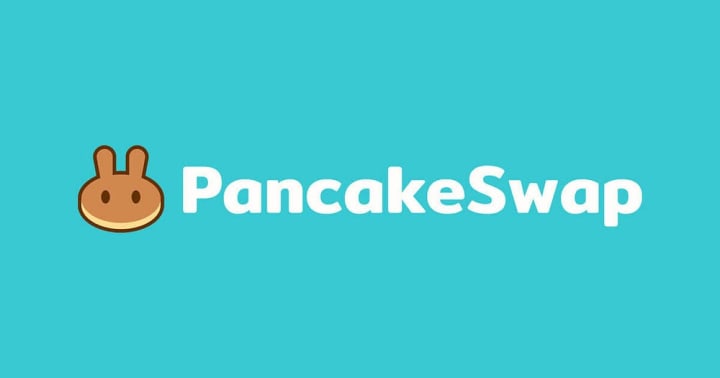
PancakeSwap is a decentralized exchange (DEX) that operates on the Binance Smart Chain (BSC) and was created in September 2020. It has gained a lot of popularity after its launch because it offers various functions to users, including spot trading, liquidity provision, and yield farming.
Instead of using order books to match buyers and sellers, PancakeSwap employs an automated market maker (AMM) model that utilizes a mathematical formula to determine token prices and liquidity, which results in lower fees and more consistent liquidity for users.
Going deeper into its functions, its 'farms' feature is one of its most attractive as it allows users to earn rewards in the form of the platform's native token, CAKE, by staking their liquidity provider (LP) tokens.
At the time of writing, DeFiLlama indicated that PancakeSwap has a total value locked (TVL) of over $2.5 billion, the largest DeFi exchange on Binance Smart Chain.
Pros:
- Lower fees compared to other DEXs due to the use of Binance Smart Chain.
- Offers a range of functions, including liquidity provision and yield farming.
- Native community is relatively popular and active with a lot of ongoing development and innovation.
Cons:
- Limited token support compared to Ethereum-based DEXs.
- Security concerns due to the centralization of Binance Smart Chain and potential vulnerabilities in the smart contract code.
- Relies heavily on Binance Smart Chain, which could limit scalability and decentralization in the long run.
5. Osmosis (OSMO)
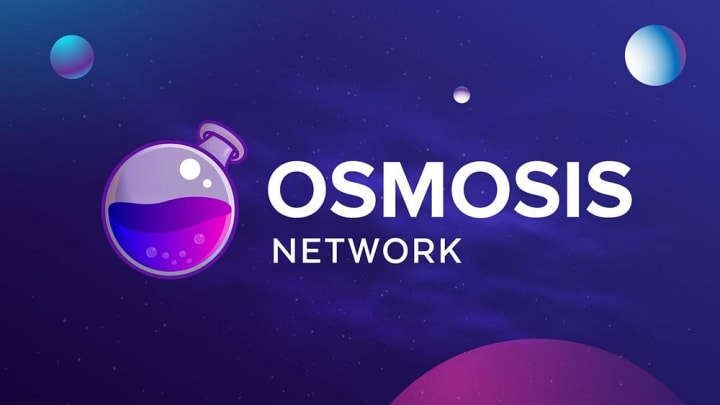
Osmosis Network is a decentralized exchange (DEX) that operates on the Cosmos blockchain. The platform was introduced in June 2021 as part of the Cosmos ecosystem, and it aims to offer users a secure, fast, and low-cost trading experience.
Like other popular DEXs such as Uniswap and PancakeSwap, Osmosis uses an automated market maker (AMM) model to determine token prices and liquidity. However, it also includes additional features, such as customizable pools, that allow users to create pools with various parameters and improve liquidity provision.
Osmosis is not just a trading platform. It also provides users with liquidity provision and staking functions. By providing liquidity to pools, users can earn trading fees and OSMO tokens, which is the platform's native token. Furthermore, users can stake their OSMO tokens to participate in governance and receive rewards.
DeFiLlama shows Osmosis has a total value locked (TVL) of roughly $185 million up until February 2023.
Pros:
- Part of the larger Cosmos ecosystem, which provides interoperability with other blockchains.
- Low trading fees and fast transaction times compared to other DEXs.
- Provides incentives for liquidity provision and governance participation through its OSMO token rewards.
Cons:
- Limited liquidity for some trading pairs due to lower trading volumes.
- Depends heavily on the Cosmos ecosystem, which is still relatively new and less established compared to other blockchains.
- Potential vulnerabilities in the smart contract code, as with any other smart contract-based platform.
Which DeFi Exchange do you like the most? Leave us a comment to let us know your thoughts and opinion on them!
. . .
Wanna know why is Vocal Media the best platform for crypto enthusiasts and writers to publish their contents? Read this article to find out!
Want to learn more about crypto related news and info? Check out our Youtube, Instagram, and Twitter pages!
I'm sure you have a lot of questions about my work and how I do it. Well, let me tell you a secret: it's all thanks to coffee.
Coffee is the magic ingredient that makes everything possible. And guess what? You can be part of that magic by buying me a coffee because the Medium Partner Program is not available in my region yet. This small gesture definitely means the world to me! 😊😊😊
☕Coffee Treat ➡️➡️➡️ HERE
. . .
Reference
- https://www.nansen.ai/guides/defi-statistics-in-2022
- https://coinmarketcap.com/
- https://defillama.com/
- https://www.coingecko.com/en/categories/decentralized-exchange
About the Creator
Bitcoin Realm
Crypto | Finance | Investing
I'm a crypto enthusiasts who loves blockchain technology because I believe that the future of finance will become more decentralized. Follow me and share your opinions so that we can discuss and grow more.


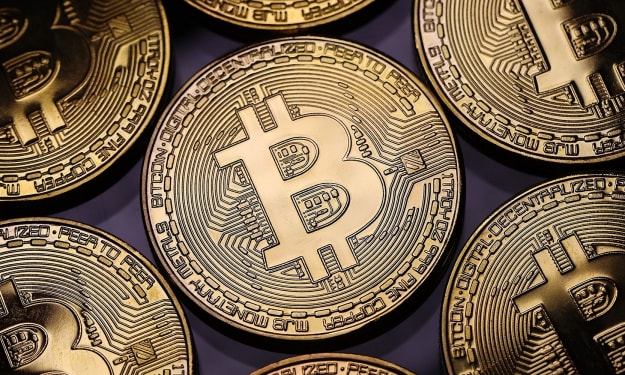

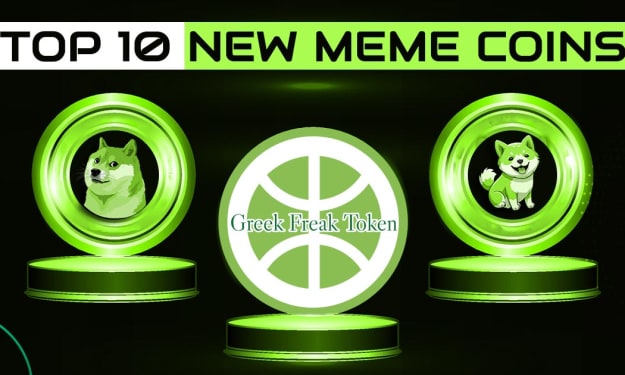

Comments
There are no comments for this story
Be the first to respond and start the conversation.